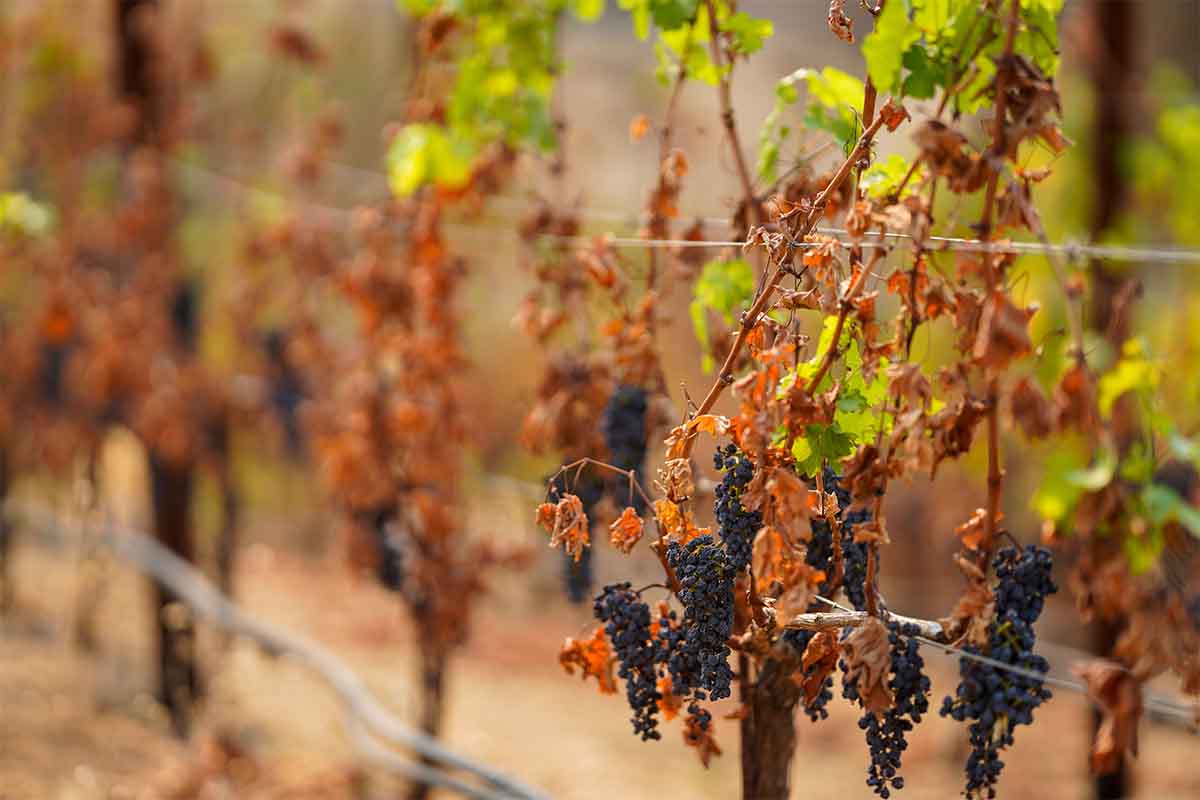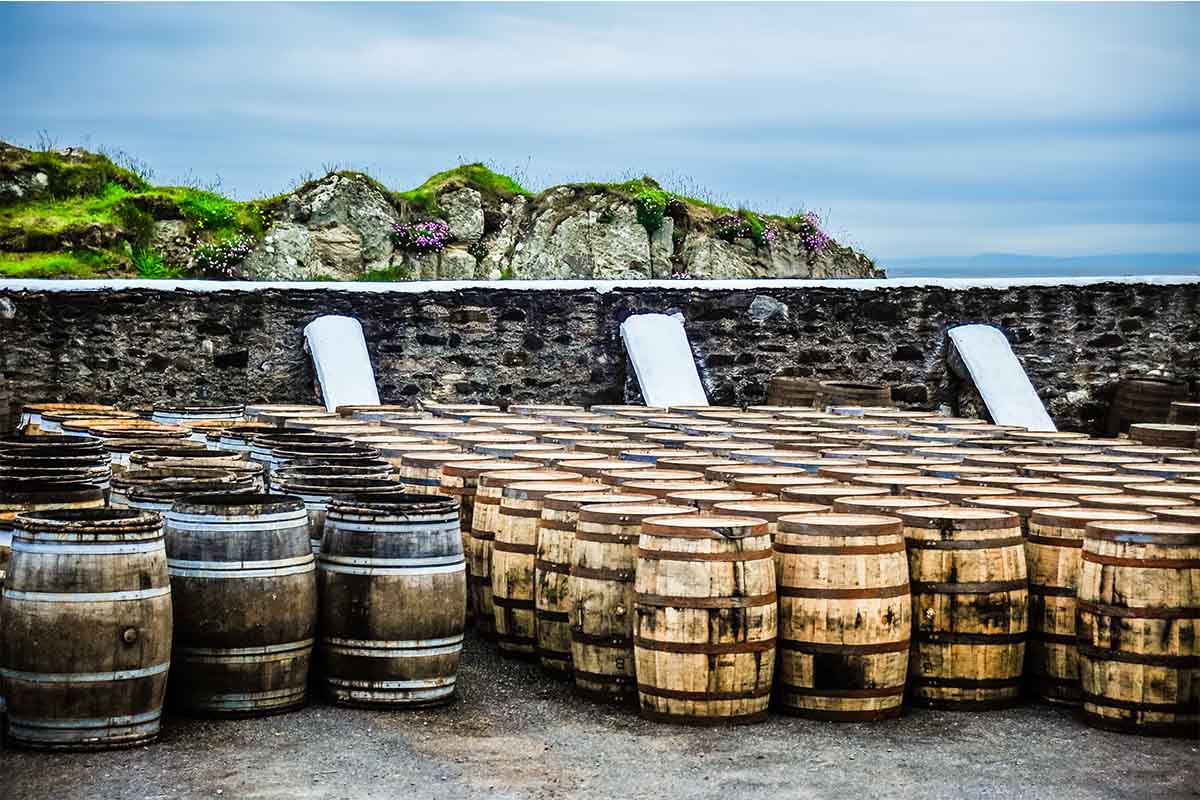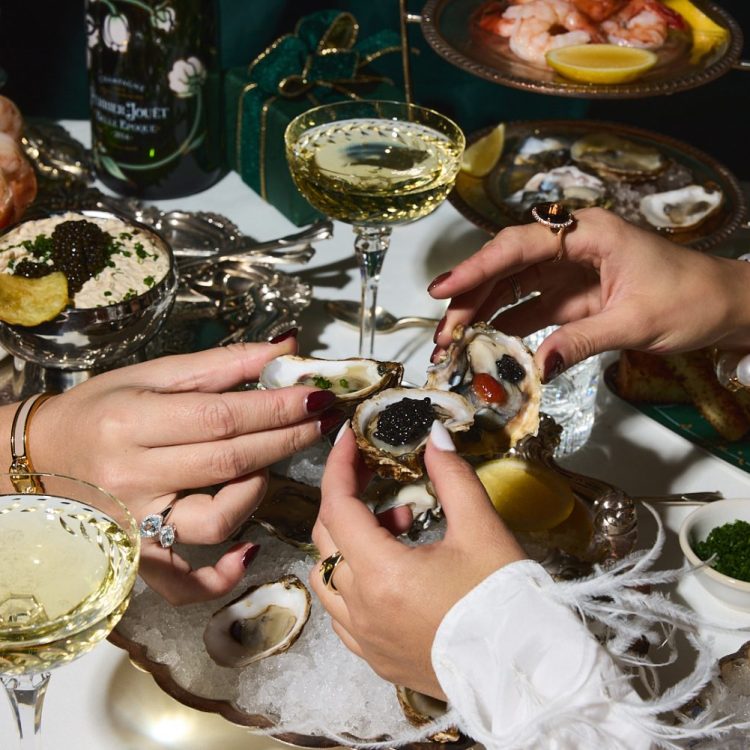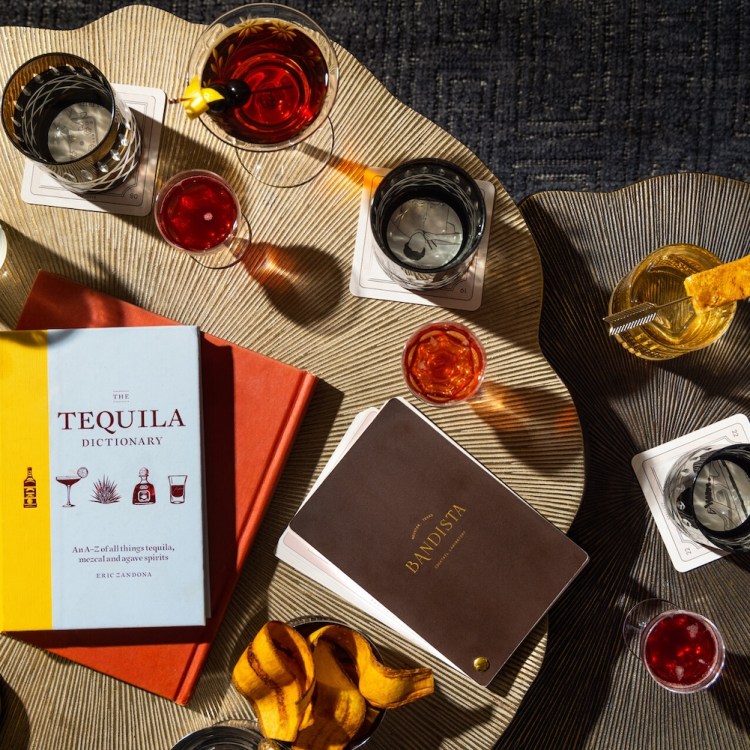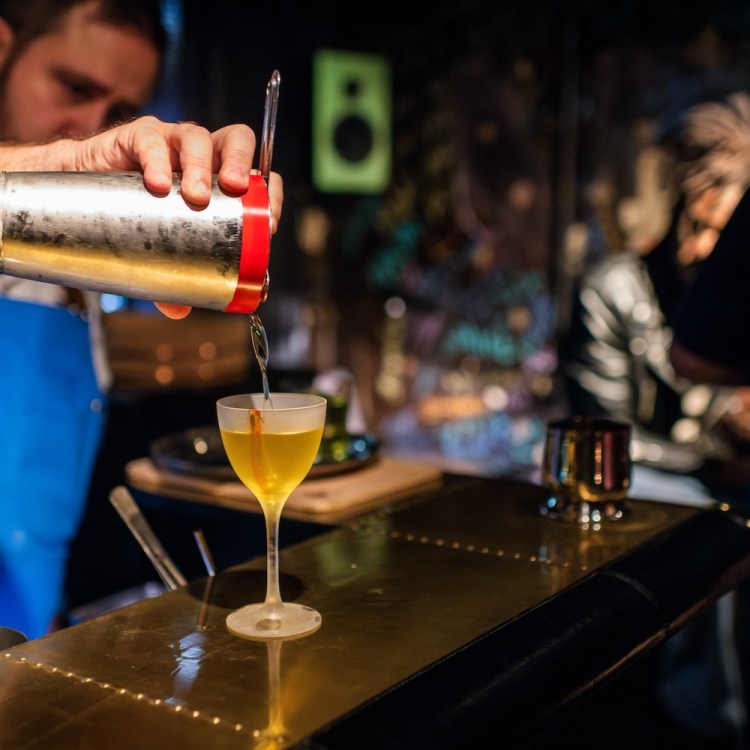There are a number of environmental and ecological worries that could curtail the ever-growing alcohol industry in the next few years. Worse, while many problems have been categorized as regional — say, frosts in France decimating vineyards — problems in one area can actually affect your beer, wine or spirits in another part of the country or even the world.
“Our product is dependent upon agricultural products,” says Adam Ruhland, owner of Minnesota’s Wild State Cider. “For us, fire and extreme weather are huge considerations. For example, the unprecedented heat in the Pacific Northwest is putting never before seen stress on one of the country’s largest apple growing regions — and we don’t even know what happens to orchards under prolonged 100 degree heat.”
Those crop losses increase prices and reduce availability for producers, just as products across the board see an increase in interest. “Fruity beers are getting really popular,” Ruhland adds. “But we’re forced to come up with multiple back-up plans for many of our ingredients, because you can’t rely on any single supplier anymore, or even country for that matter.”
And yes, a lot of these issues come back to climate change.
“Climate change poses considerable risks to our industry,” says Rachel Nally, Environmental and Sustainability Manager of Heaven Hill Brands (Elijah Craig, Larceny, Henry McKenna). “The primary ingredients for whiskey are grains, water and wood for our barrels. Extreme weather conditions, including drought, severe heat and flooding, can adversely affect the growth of our grains and white oak, as well as hinder the supply of clean water.”
Thankfully, the industry itself is investing in sustainability efforts on their own. But below, we’ll look at some environmental concerns and some stopgap measures — those aforementioned backup plans — that industries are putting in place.
A lack of bats is impacting agave
The lesser long-nosed bat is the primary pollinator of blue agave, the plant that serves as the base ingredient in tequila. These bats feed on the nectar of agave flowers and carry the pollen to fertilize other plants. But the industrial practices used in tequila production have led to a loss of the genetic diversity in the agave plants — and the loss of a food source for the threatened species. For more on how ecologist Rodrigo Medellin is making the tequila bat friendly, read our interview here.
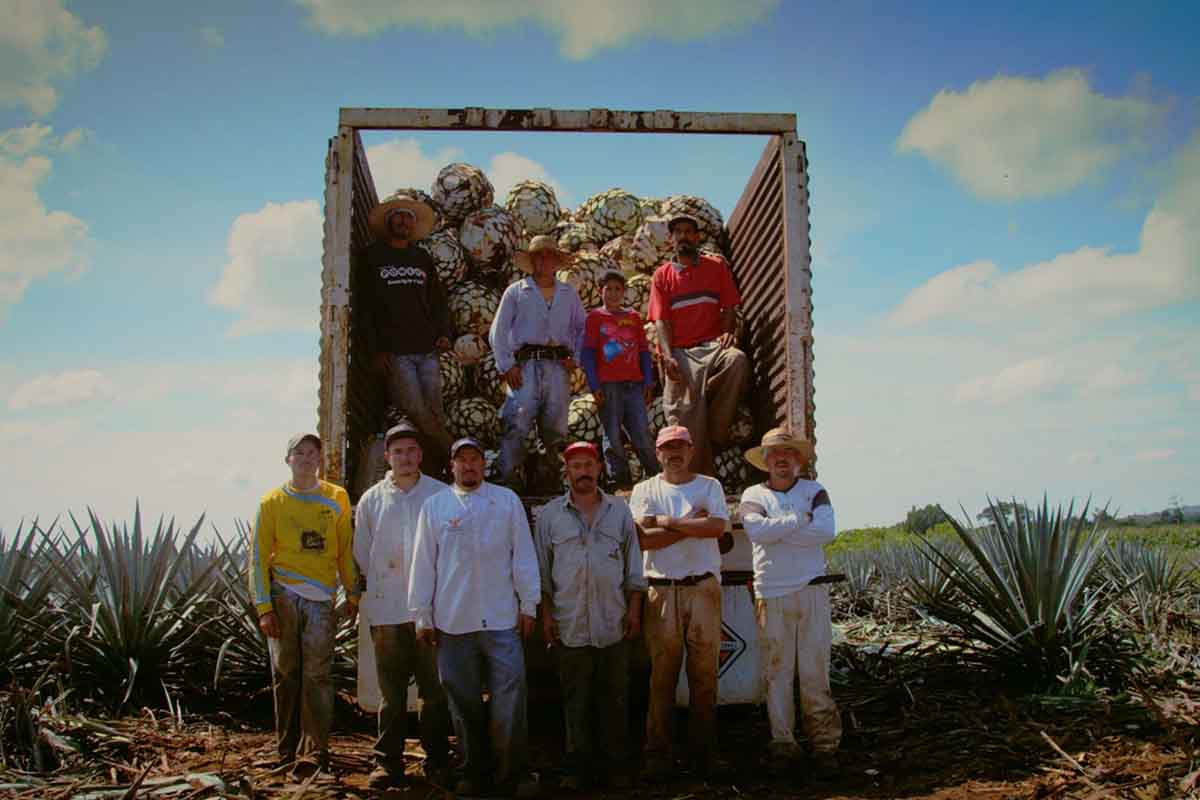
Killer frost is upending everything from French wine to Brazilian spirits
Rare freezing temperatures across France this spring damaged grape vineyards in many prestigious wine-making regions of the country. The head of a local wine producers group in Rhône Valley suggested that, due to the frost (which followed warm weather), the region is bracing for “the smallest harvest of the last 40 years.” Besides extreme measures such as small fires and helicopters to keep heat close to the ground, some regions like Bordeaux are introducing new grape varietals, which are more resistant to water stress. Meanwhile, wet grounds and rain are creating a new problem in the area: Mildew fungus.
In Brazil, unexpected frosts are hurting coffee, sugarcane (the central ingredient in cachaca) and corn fields. “It has been a long time since we experienced this sort of frost in Brazil,” noted Rural Clima meteorologist Marco Antonio dos Santos.
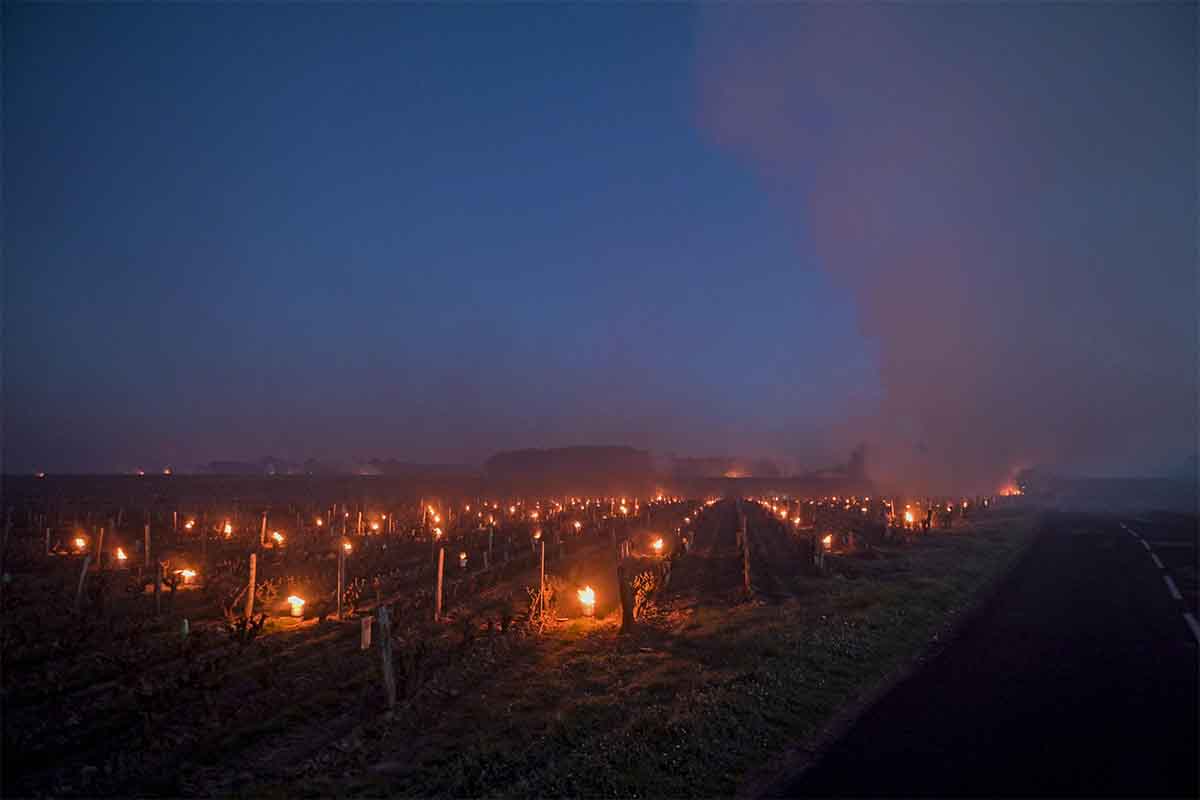
Droughts are literally wiping out vineyards
Griffin’s Lair Vineyard will make no wine this year due to the extreme drought conditions in California. The only real solution? Wait until next year. “By dropping the fruit, we can improve the retention of carbohydrates into the vines and improve the health for future years,” as owner John Flynn said.
The wood for your whiskey barrels really needs a long-term replenishment plan
“Existing white oak stocks are sufficient for estimated near future demand for the next ten to 20 years,” as Rachel Nally of Heaven Hills tells us. “However, there are indications of long-term sustainability problems in terms of the number of seedlings and younger trees that are growing in the forest, which will provide the next generation of timber.” The company recently launched a logger certification sponsorship program with Independent Stave Company as part of their efforts to ensure a sustainable supply of white oak.
Wildfires continue to destroy vineyards everywhere
Vineyards in Australia lost thousands of acres and millions of dollars worth of wine during the 2019-2020 season of wildfires, which will be a recurring issue as climate change and extreme weather continue. Interestingly, there’s now some research in Australia to see if smoke-tainted grapes can be utilized in spirits.
Finally, the cumulative effect of all those problems is making it untenable for some brands to even continue
The onslaught of wildfires, smoke and droughts in Napa Valley has led to a new problem, as reported by the New York Times: Some wineries can no longer get insurance, which means some vineyards may simply cease production.
Join America's Fastest Growing Spirits Newsletter THE SPILL. Unlock all the reviews, recipes and revelry — and get 15% off award-winning La Tierra de Acre Mezcal.
